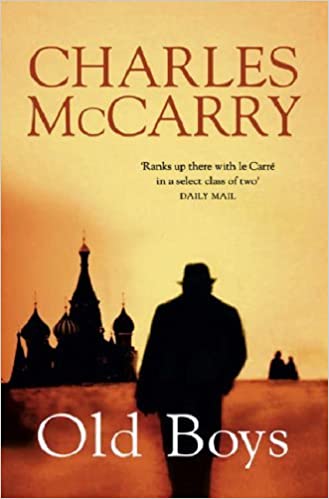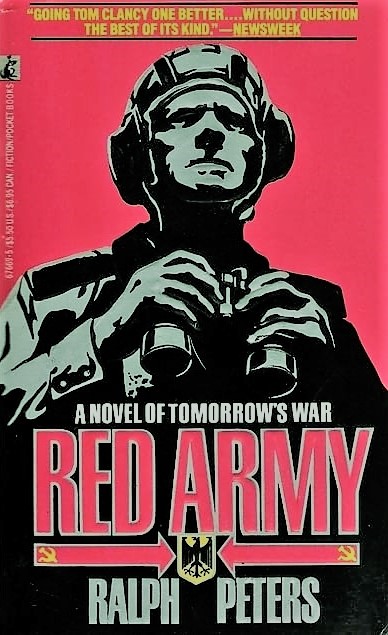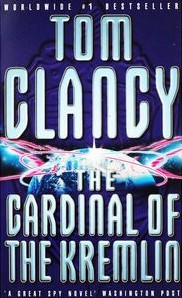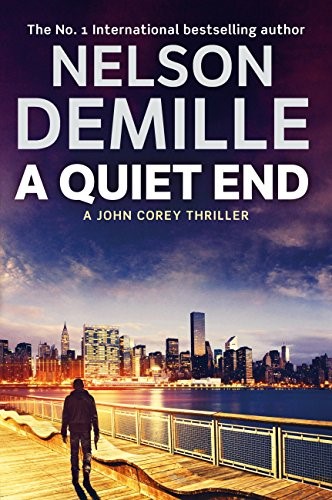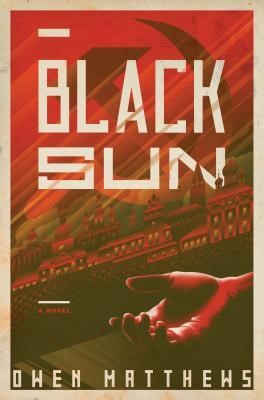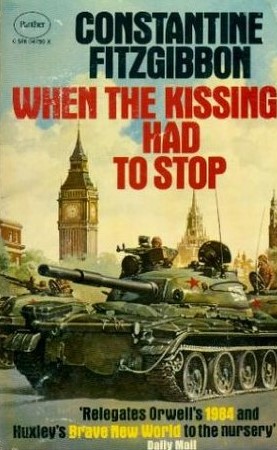
When the Kissing Had to Stop was a celebrated ‘coming threat’ thriller back in its day, that is just before the 1960s —the end of the Chatterley ban et cetera—got going.
From the Russia in Fiction perspective, this reasonably slim novel is worth a quick review simply because, as thrillers tend to do, it provides a useful caricaturish picture of popular conceptions of Russia. Specifically, When the Kissing Had to Stop offers a conservative, even establishment, portrayal of a Soviet Union taking over Britain with the same ruthlessness with which it had imposed its rule in Eastern Europe at the end of the Second World War.
Like many such ‘Red threat to the UK’ novels (see our review of Russian Hide and Seek for a list), When the Kissing Had to Stop tells us more about England and about the author’s politics than it does about Russia.
Continue reading